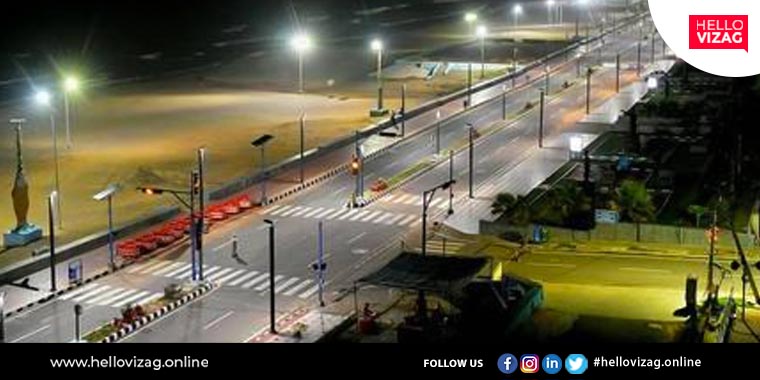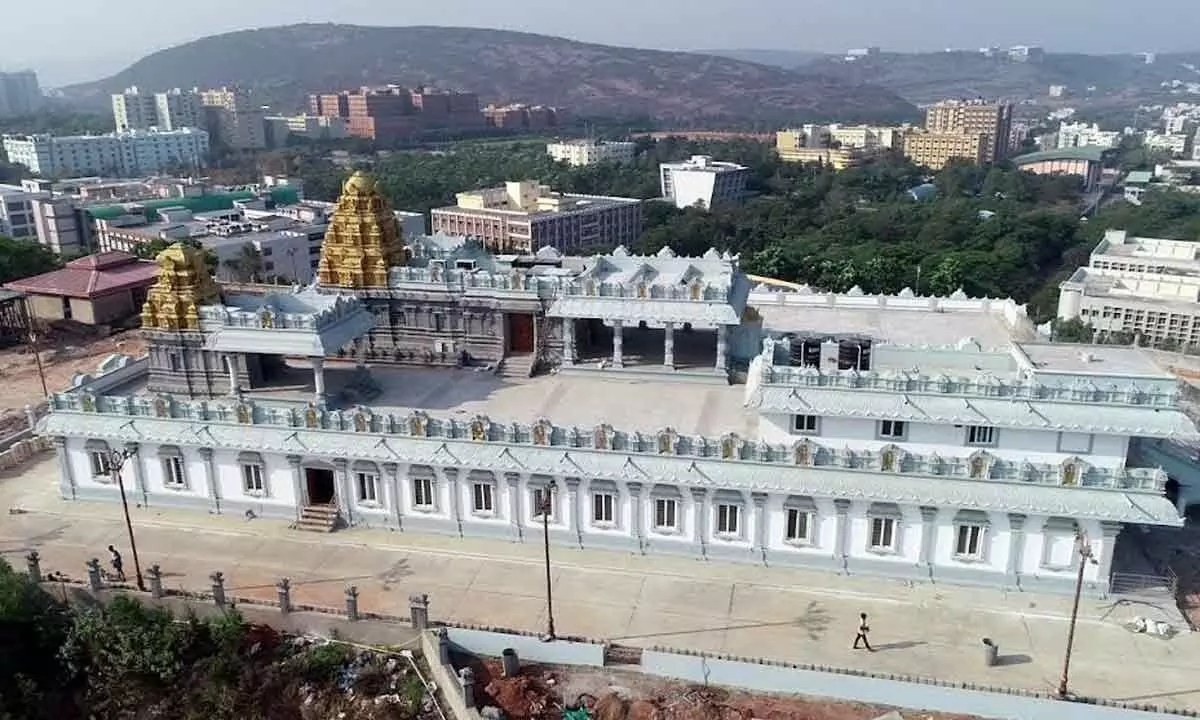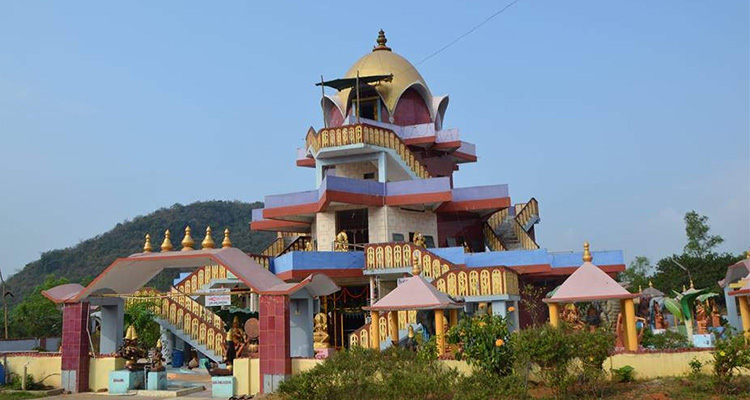Exploring the Distinction Between Vizag and Visakhapatnam
The city on the eastern coast of India, nestled in the state of Andhra Pradesh, is known by two names: Vizag and Visakhapatnam. These names are often used interchangeably, creating confusion among locals and visitors alike.
In this article, we aim to shed light on the subtle differences between Vizag and Visakhapatnam, and unravel the story behind these two names.
The Historical Context: Visakhapatnam, the full and official name of the city, has a rich history that dates back centuries. The name Visakhapatnam is derived from the Hindu god, Visakha, and the word "patnam," meaning "settlement" in Telugu. The city's name was bestowed upon it during the reign of the Kalinga dynasty.
Vizag, on the other hand, is an abbreviated form of Visakhapatnam, and it has gained popularity as a colloquial name over the years. Vizag is commonly used by locals, tourists, and even in official circles. Its brevity and ease of pronunciation have made it the go-to name for referring to the city in everyday conversations.
Geographical Scope: When it comes to the geographical scope, Vizag typically refers to the central part of the city, which encompasses the core commercial areas, beaches, and some of the major landmarks. The name Vizag has a more localized and familiar connotation, often associated with the bustling streets, vibrant markets, and the breathtaking coastline that characterizes this part of the city.
Visakhapatnam, on the other hand, encompasses a larger area and includes several suburbs, industrial zones, and residential neighborhoods that extend beyond the immediate city center. The name Visakhapatnam tends to evoke a broader sense of the city's expanse, encompassing not just its urban core but also the surrounding regions that contribute to its economic and cultural fabric.
Cultural Significance: Both Vizag and Visakhapatnam hold equal cultural significance. The city is a melting pot of various cultures, traditions, and languages. It is home to people from diverse backgrounds, including Telugu, Tamil, Bengali, Oriya, and more. This cultural amalgamation has played a pivotal role in shaping the vibrant and cosmopolitan nature of the city.
While Vizag and Visakhapatnam may appear to be distinct, they are, in essence, two sides of the same coin. Vizag is the endearing nickname that reflects the warmth and familiarity associated with the central part of the city, while Visakhapatnam embraces a broader context that encompasses the entire region.
Ultimately, regardless of the name one uses, both Vizag and Visakhapatnam stand as testaments to the city's rich history, scenic beauty, and cultural diversity, making it a beloved destination for residents and visitors alike.

 Team Hello Vizag
Team Hello Vizag



















